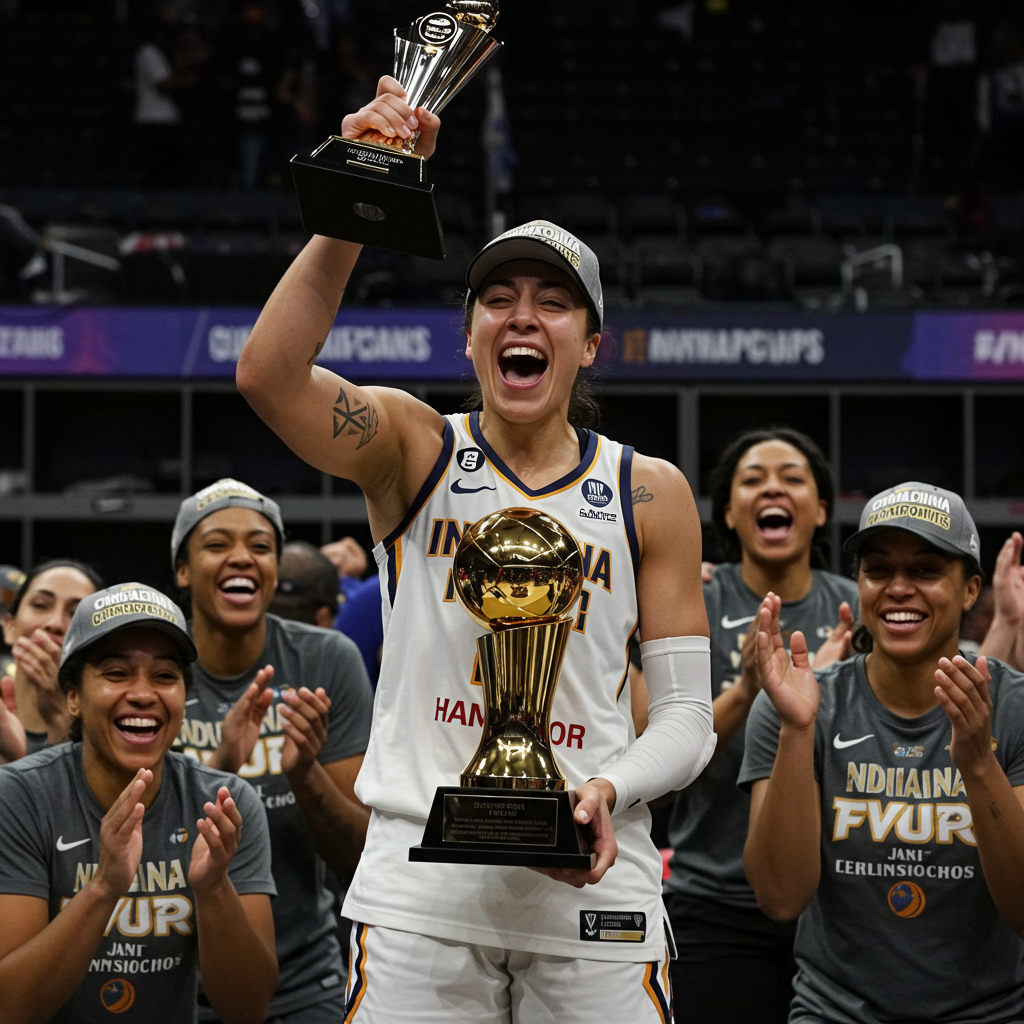The Boston Red Sox’s decision to trade star third baseman Rafael Devers to the San Francisco Giants sent shockwaves through baseball, especially given the timing just hours after sweeping the rival New York Yankees. While seemingly a transactional move, insiders reveal this trade was far from a simple baseball decision. Instead, it was reportedly the dramatic culmination of deep-seated organizational dysfunction, eroded trust, and a fracturing identity within the Red Sox franchise.
The unexpected departure of Devers, a fan favorite and homegrown talent, has been widely characterized as a “debacle” and a symptom of chronic discontent within the organization. It marks the latest instance in a concerning pattern of the Red Sox parting ways with franchise cornerstones, following the trades of Mookie Betts and the free-agent departure of Xander Bogaerts.
The Positional Standoff That Broke Trust
At the heart of the immediate conflict leading to the trade was a fundamental disagreement over Rafael Devers’ role. After signing All-Star third baseman Alex Bregman in February 2025, Devers, who had recently signed a long-term extension expecting to remain the primary third baseman, was shifted to designated hitter (DH).
This move reportedly left Devers feeling misled by Chief Baseball Officer Craig Breslow. The tension escalated significantly in May when, following a season-ending injury to Triston Casas, Devers was asked to move to first base. Devers reportedly refused, stating he shouldn’t be expected to play “every single position” and feeling his relationship with Breslow, a former player himself, had soured. While Devers did not formally demand a trade, his representatives reportedly indicated that a “fresh start elsewhere might be best” during these discussions about positional changes. This breakdown in communication and trust proved irreparable.
Beyond Devers: A Front Office Losing Cohesion
The issues reportedly extend far beyond the Devers situation, pointing to broader turmoil within the Red Sox front office and management. Since Craig Breslow took the helm in October 2023, there’s been described friction, particularly between Breslow, focused on long-term sustainability, and Manager Alex Cora, who prioritizes immediate winning. This dynamic echoes past tensions under previous leadership.
Multiple sources suggest a front office losing cohesion under Breslow, with veteran staffers from previous successful eras feeling marginalized or “iced out.” This shift was reportedly accelerated by a 2024 organizational audit conducted by a consulting firm, leading to firings and a push towards a culture described as aligning more with “Wall Street efficiency” than traditional baseball operations. A notable incident cited is the firing of a scouting supervisor following a derogatory comment about Breslow on a private call.
Furthermore, there are reports of frustration from the coaching staff regarding the emphasis on hitting data and swing mechanics in player development, potentially at the expense of fundamental defensive skills. The team’s MLB-leading error count and specific public drills given to prospects after defensive miscues have been seen by some as a sign of this underlying tension between analytical approaches and fundamental teaching needs.
Ownership’s Detachment and Fan Betrayal
Adding another layer of complexity, principal owner John Henry is described as having become increasingly hands-off, delegating day-to-day operations to team president Sam Kennedy. This perceived detachment is contrasted with Fenway Sports Group’s (FSG) significant investments in other ventures, such as a record transfer for Liverpool Football Club just days before trading Devers. While Breslow denies any direct influence of other FSG entities on Red Sox decisions, the optics for the fanbase are undeniably poor, fueling a sense of betrayal.
Fans are left feeling like Charlie Brown, repeatedly promised a bright future only to have the football pulled away. The parallels to the Mookie Betts trade are stark, leaving many questioning the true commitment to building a sustainable winner.
Front Office Speaks: Inability to “Find Alignment”
Addressing the trade, Red Sox executives Craig Breslow and Sam Kennedy stated the primary reason was an inability to “find alignment” with Devers regarding his future role and the team’s direction. Kennedy noted the team “had a different vision for him going forward than he had.”
Breslow defended the move as necessary for the team to move “in the same direction” and become a “functional and complete team,” suggesting the trade might ultimately lead to more wins. He stated they “rightfully set a really high bar” for the trade return and wouldn’t have made the deal otherwise, acquiring reliever Jordan Hicks, left-hander Kyle Harrison, outfielder James Tibbs III, and pitcher Jose Bello from the Giants, who also agreed to cover most of Devers’ significant remaining contract.
While defending the decision, Breslow also admitted he questioned whether things could have been handled better, particularly addressing potential positional changes earlier, acknowledging, “I need to own the things that I could have done better.” He also stated Manager Alex Cora was supportive of the trade, believing Cora is the best fit to manage the clubhouse through such a disruptive move.
A Franchise at a Crossroads
Rafael Devers’ quiet acceptance of the trade – simply shaking hands and departing – underscored the stark business reality of baseball. But his departure is more than just one player’s move; it’s a visible symptom of a franchise grappling with deep internal strife, a breakdown in trust, and a struggle for identity. The future hinges on the success of the acquired players and the direction the front office takes, but the immediate fallout reveals a troubled organization behind the scenes, leaving the fanbase disillusioned and the team at a critical crossroads.


